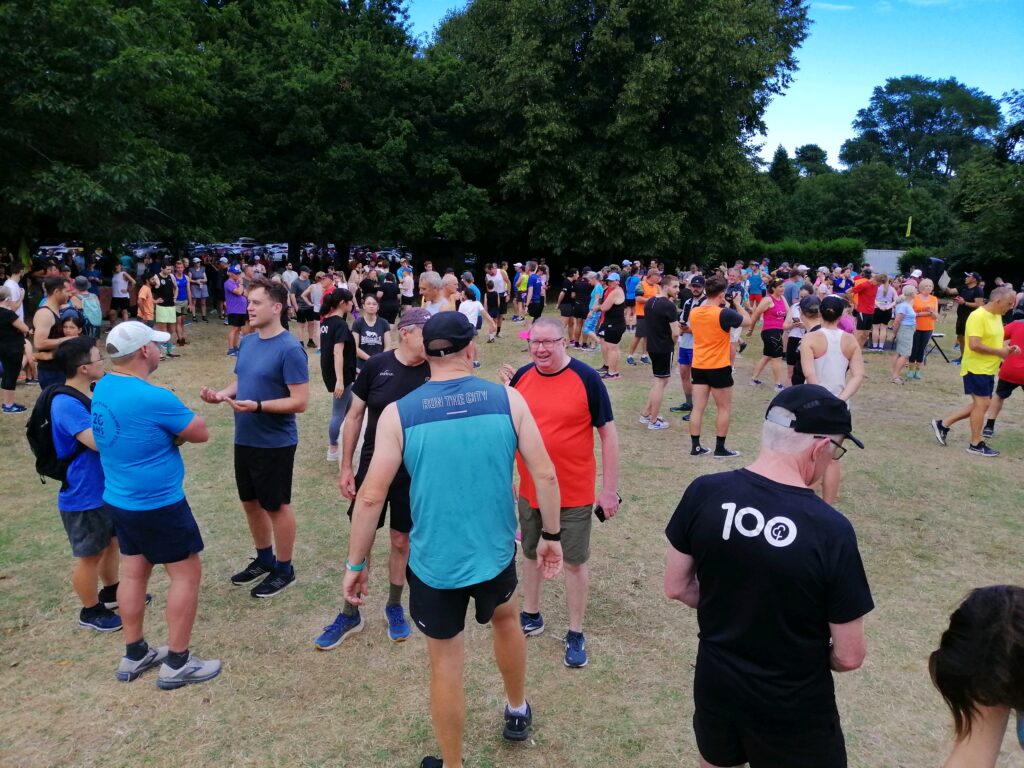Parkrun is now available in 22 countries worldwide. Started in the UK 20 years ago, it’s become a wonderful opportunity for families, for the socially isolated, for the fit and the unfit, for many volunteers and supporters to share an hour on Saturday morning.
A global charity, parkrun’s mission is to improve health and wellbeing, with a particular focus on those who might be marginalised from opportunities to be active and socially connected.
Currently, parkrun delivers over 2,200 parkrun and junior parkrun events in areas of open space across 22 countries around the world, with around 300,000 people taking part at these community-base events every single weekend.
In Christchurch, the Hagley parkrun over summer has had 600 or 700 runners at 8am each Saturday morning. I’ve personally run only nine times. I’m still not parkrun fit, and I need to walk about 30% of the distance. The famous NZ running coach Arthur Lydiard, had the formula for success. Do lots of slow continuous jogging, walking when you need to, but jogging again once you’ve recovered your breath control. 40 years ago, I used this method. Jog to the next pole, walk to the next, and repeat. Soon you can jog two poles and walk one. Later run a whole block and walk across the road.
Today I use a programable timer called TABATA on my phone. At the Play Store search for Tabata Timer, the version by Eugene Sharafan. Or use these links now.
Android: https://play.google.com/store/apps/details?id=com.evgeniysharafan.tabatatimer
iOS: https://itunes.apple.com/app/id1255964203
To begin I suggest you make a very simple program like this: Jog 30sec, Walk 1min, Jog 30sec, Walk 1min, Jog 30sec, Walk 1min, Jog 30sec, Walk 1min, Jog 30sec, Walk 1min, Jog 30sec, Walk 1min. That’s 9 minutes.
Depending on your starting fitness level, you need over time to extend the jog time, and the total time, until you get to about 30 minutes, total time. I’ll discuss this more in the next post.

At Hagley Park, in the 5km parkrun, there are roughly equal numbers of male and female runners in the junior grades (Under 18), and the senior grades (18 to 34). The “veterans” are over 35, but if you look at the fastest times from 35 to age 60 the time difference over 5km is only 3 minutes slower. And even if you take the median runners time, the difference is only 5 minutes slower. So ordinary people can retain quite significant fitness until the age of 60, without much problem.
For those over 60 the number of runners participating drops off. Dropping 50% from 60 to 69, and dropping another 50% from 70 to 79. The number of women running declining slightly faster. At ages 60-69 the number of runners was 31 men and 21 women. And, at 70-79 there were 8 men and 7 women. Over 80 there are only 3 men running.
For those over 60 the time to run 5k also starts to increase, a median participant, female running 32 minutes at age 60, might do 48 minutes at 70 and more like 55 minutes at 79.
There are just three in my age group, 80-84, two club runners, much more experienced than myself, and me, yet the time between first and third is only about 5 minutes.
The people finishing last on the 5km run, walk all the way, they can finish in a time somewhere between 40 minutes and just over an hour. There are people in their 30’s and 40’s who are not yet very fit, who are taking close to an hour to complete 5km and that’s fine. We all need to begin somewhere.
Speaking for myself, I gave away running long distances in my late 50’s, because I was having knee problems. Over 20 years later, with six months in the gym to strengthen the knees, I’m running again. That’s a win. It’s certainly given my self-confidence a boost, after having two heart attack scares, and three stents placed in an artery, knowing that I can run 5km. That’s something more people should be enjoying, and could enjoy, with a little bit of help.
My idea for helping is a program I’ll call “5km in less than 60” meaning 5km in less than 60 minutes (5km an hour). That’s walking speed, for an adult who is still not fit. A fit adult will walk the distance in 50 minutes (6km an hour). A more experienced walker will walk it in 40 minutes. (7km an hour) The old guys, 80+ are jogging 5km in about 40 minutes. More about this soon.


Leave a Reply